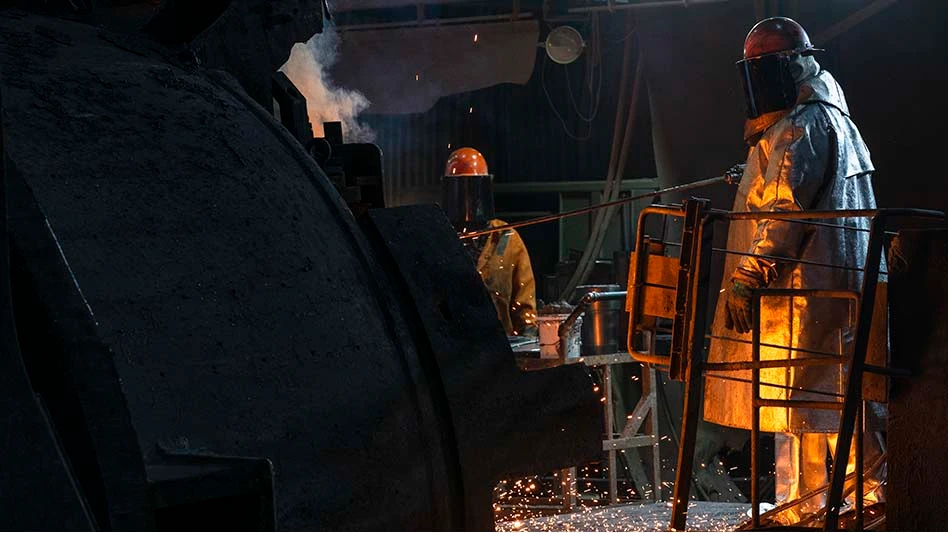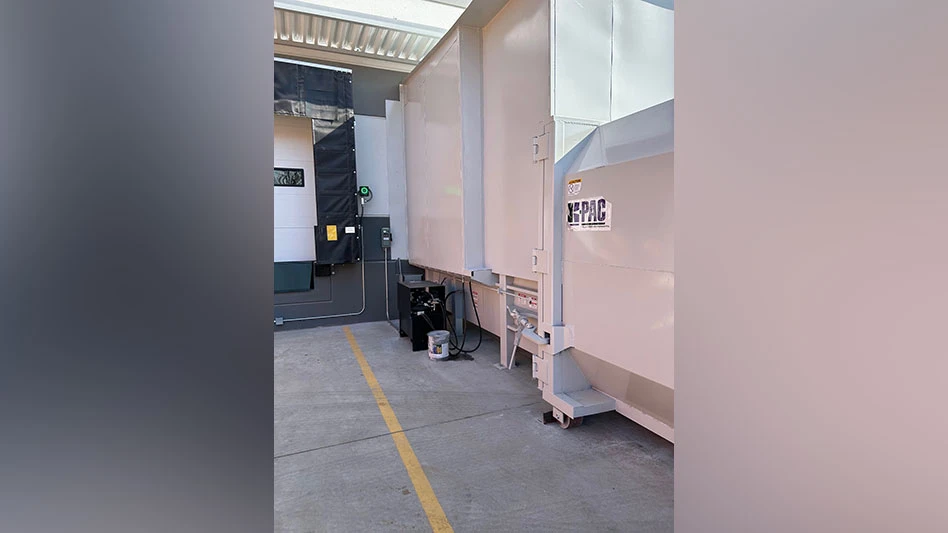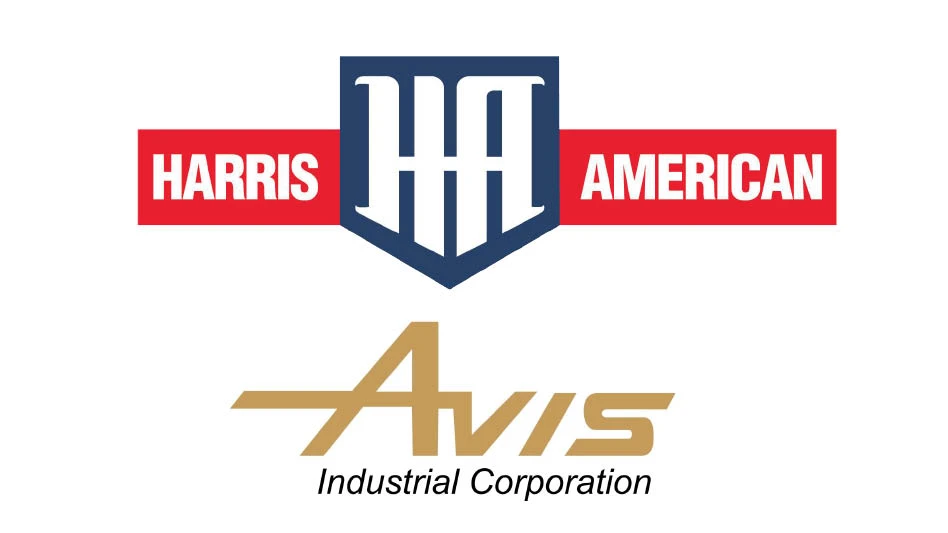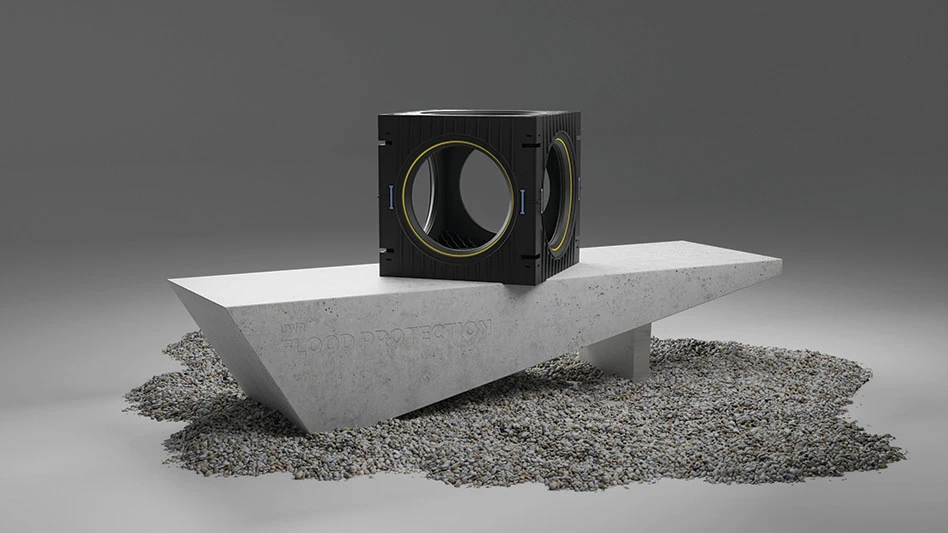
Photo courtesy of U.S. Steel Corp.
A negative reaction to the announced acquisition of Pittsburgh-based United States Steel Corp. by Japan's Nippon Steel Corp. (NSC) has been expressed by more than a half-dozen U.S. senators. Both Democratic and Republican lawmakers have urged regulators to either scrutinize or negate the deal, although not necessarily for the same reasons.
Sens. Sherrod Brown of Ohio and John Fetterman and Bob Casey of Pennsylvania criticize U.S. Steel leadership for arranging the deal without the involvement of the United Steelworkers (USW) union. Competing bidder Cleveland-Cliffs, which has received Brown’s support, sought and received USW support for its acquisition bid.
Had the Cliffs acquisition been approved, another constituency—large-volume buyers of steel—expressed its opposition. They pointed to that leading to the remaining (and shrinking) blast furnace/basic oxygen furnace steelmaking capacity in the U.S. being in the hands of one company if Cliffs and U.S. Steel merged.
Several senators, however, preferred the Cliffs bid. “These workers deserve to work for a company that invests in its employees and not only honors their right to join a union but respects and collaborates with its workforce," Brown says in a statement. "Given Nippon Steel’s failure to consult or even notify the USW in advance of its acquisition announcement, I have serious concerns that they are not that company.”
A letter to NSC from Casey, Fetterman and Rep. Chris Deluzio was characterized as “demanding answers about the Japanese-based company’s commitment to Pennsylvania workers and the USW.”
The lawmakers also refer to national security aspects of the transaction, with Brown urging President Joe Biden to explore all options to "protect the American steel industry, American steelworkers and our national and economic security," by heavily scrutinizing the deal between NSC and U.S. Steel.
Sens. Marco Rubio of Florida, Josh Hawley of Missouri and J.D. Vance of Ohio point more clearly to national security reasons for their opposition. “The steel industry remains critical to the United States for manufacturing, defense, and other critical capabilities," they say in a news release. "Allowing a leading steel company to be controlled by a foreign nation, even an ally, raises serious economic and national security concerns, especially since there are viable options to maintain American ownership.”
Sen. Joe Manchin strikes a similar tone, saying, “At a time when domestic manufacturing—including in the U.S. steel market—is facing increased competition from unfair trade, we must be doing everything we can to prevent any further deterioration of American ownership.”
Attorney Michael Leiter, who specializes in Committee on Foreign Investment in the United States (CFIUS) and national security cases at New York-based law firm Skadden, Arps, spoke to CNN about the agreement.
The senators opposing the NSC acquisition cited CFIUS as a likely venue to consider opposition to the transaction. Leiter, however, does not see CFIUS stepping in to prevent a purchase from a company based in Japan, which has been an ally of the U.S. since 1946.
“This has never happened before for a Japanese buyer of a US business—even in the height of U.S.-Japan trade tensions in the 1980s and 1990s, and it seems quite unlikely that [CFIUS] would do so here,” he tells CNN.
Sponsored Content
Redefining Wire Processing Standards
In nonferrous wire and cable processing, SWEED balances proven performance with ongoing innovation. From standard systems to tailored solutions, we focus on efficient recovery and practical design. By continually refining our equipment and introducing new technology, we quietly shape the industry—one advancement at a time.
Leiter says the opponents likely will need to go all the way to Biden with an appeal, he tells CNN it is unlikely the president would act to block the transaction.
Get curated news on YOUR industry.
Enter your email to receive our newsletters.
Latest from Recycling Today
- Enfinite forms Hazardous & Specialty Waste Management Council
- Combined DRS, EPR legislation introduced in Rhode Island
- Eureka Recycling starts up newly upgraded MRF
- Reconomy Close the Gap campaign highlights need for circularity
- Nickel carbonate added to Aqua Metals’ portfolio
- EuRIC, FEAD say End-Of-Life Vehicle Regulation presents opportunity for recyclers
- Recyclers likely to feel effects of US-China trade war
- BCMRC 2025 session preview: Navigating battery recycling legislation and regulations









